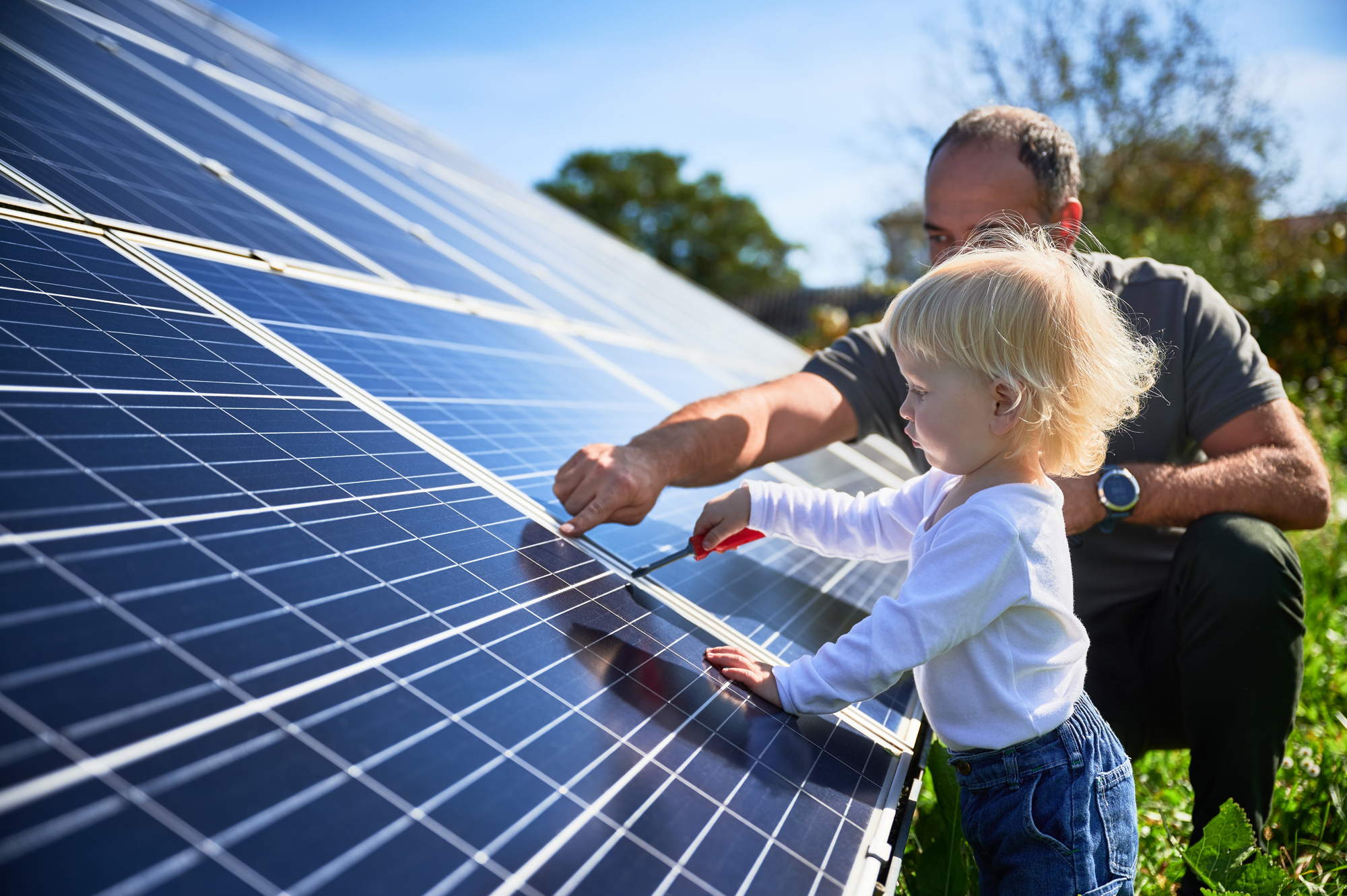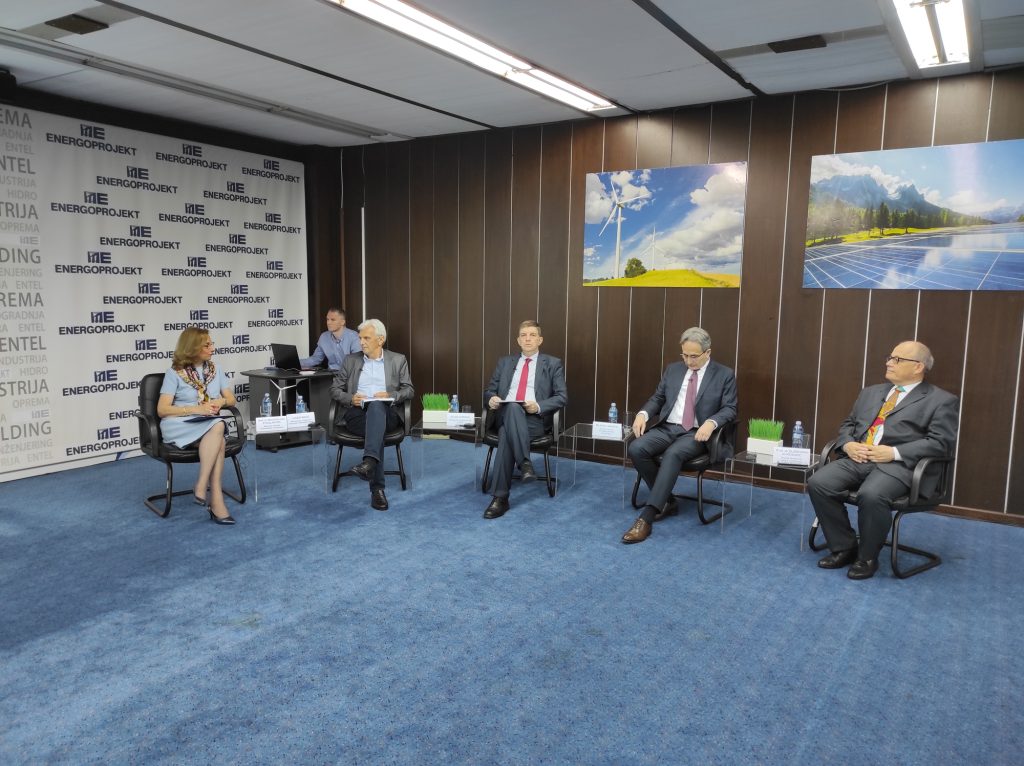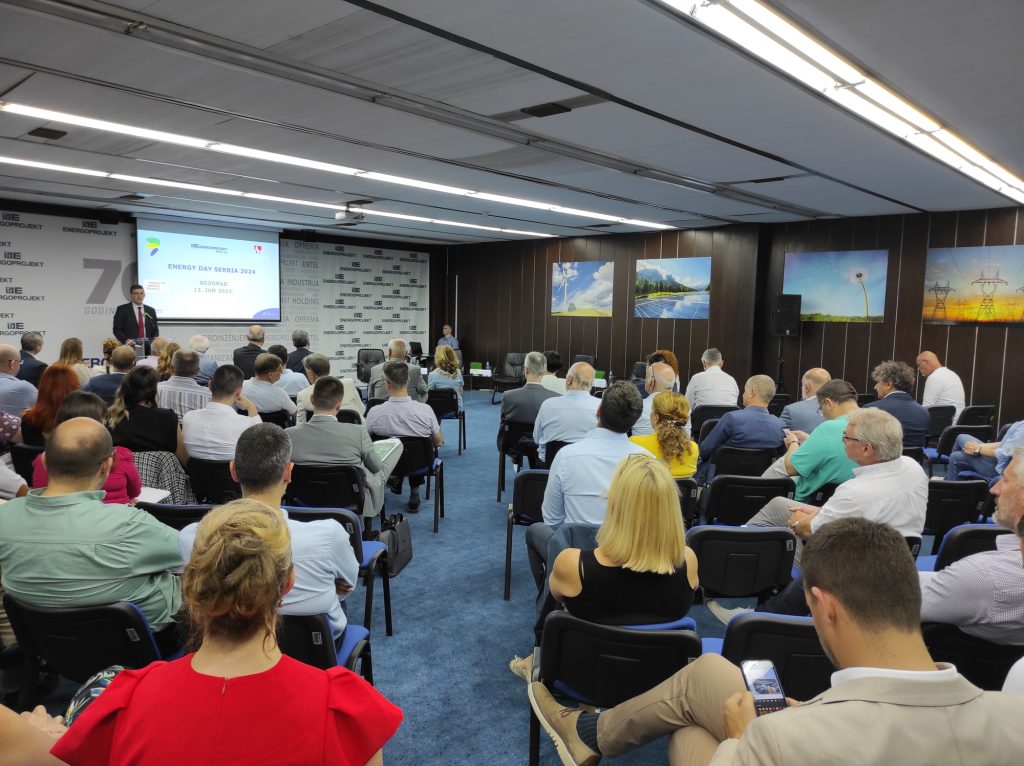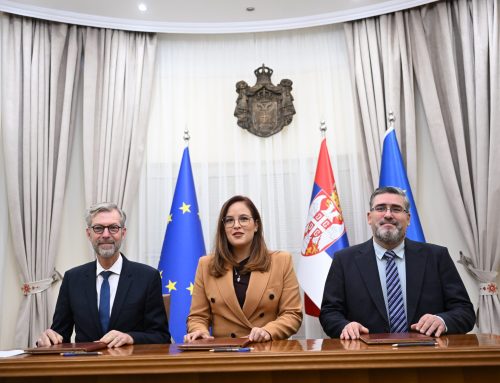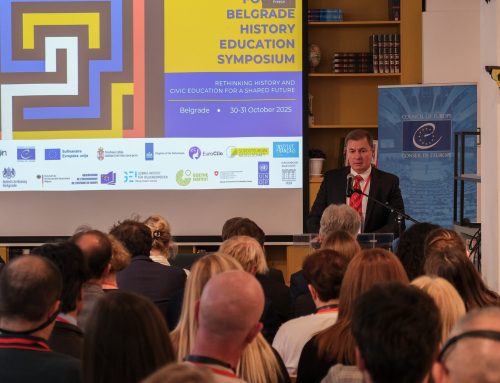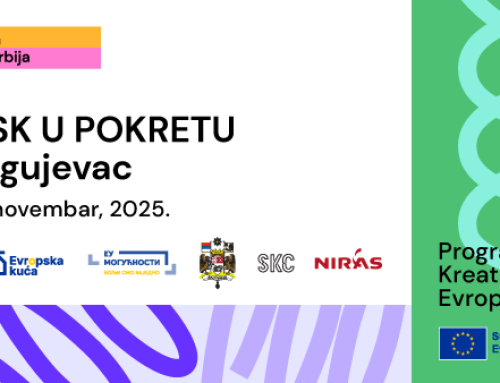The energy crisis, the green transition, the impact on finances and the environment in which we live are regular factors today that influence the everyday decisions of citizens and businesses. The fact that the energy sector has the largest share in the emissions of pollutants calls for attention and keeping up with modern trends.
Serbia and the EU are jointly developing numerous infrastructure projects, and the cooperation does not end there, but extends to encouraging economic growth, joint planning and the creation of strategic frameworks. There are just some of the topics that were discussed at the “Energy Day Serbia” conference in the Energoprojekt building in New Belgrade.
The conference, which brought together a number of experts, representatives of institutions, banks, universities and companies, was organized as part of the Sustainable Energy Week, by the Association of Thermal Engineers of Serbia, Energoprojekt Entel and the World Energy Council Serbia.
“Today, more than ever before, energy diplomacy is becoming an increasingly important factor in the overall foreign diplomacy of a country. Serbia, as a European country surrounded by 4 EU member states and connected to them by oil, gas and high-voltage power grids, cannot ignore such surroundings. There is a mutual interest of the EU and Serbia for further expansion of relations and connection in the energy sector”, said Gligo Vuković, Project Manager of the EU Delegation in Serbia and added:
“The details of the Growth Plan for the Western Balkans countries in the amount of EUR 6 billion are being discussed right now, and a significant portion of these funds will be allocated to Serbia. Reform processes are part of that plan. What reform goals in the energy sector should be achieved, which projects should be supported, what is the optimal speed of investing in new renewable energy sources, how much human capacity is needed to implement the projects, how much financial resources are needed without hindering the fiscal stability of the country – these are the topics we should talk about today, emphasized Vuković.
Last year, Serbia successfully launched an auction system for 450 MW of new renewable energy sources. Also, an invitation was published for a strategic partner for the realization of the project for a solar power plant of 1.2 GW. The total installed capacity of renewable energy sources for the energy production is approximately 4 GW, including large hydropower plants that account for 3 GW (Energy Balance of Serbia 2024).
We can understand the green transition that is ahead of us as an obligation and an additional cost, or we can understand it as an opportunity, especially for the energy sector – to contribute and enable improvement for the whole society. If we accept it as a chance, we have the opportunity to clearly show that we can work on our energy policies with our own staff, with smart thinking and determination of our direction, Mladen Simović, Director of Energoprojekt Entel, said at the opening of the conference.
From June 11-13, the European Sustainable Energy Week brings together institutions, private companies, non-governmental organizations and consumers to promote initiatives that accelerate decarbonisation through green technologies and solutions towards a just and fair transition for people and competitive companies.
The European Union is the largest donor to Serbia in the energy sector. Over the past decade, the EU has provided more than EUR 600 million in grants for Serbia’s energy sector. In Serbia, the EU finances projects aimed at security of supply, diversification of sources and directions of energy supply, market liberalization and improvement of energy efficiency.

